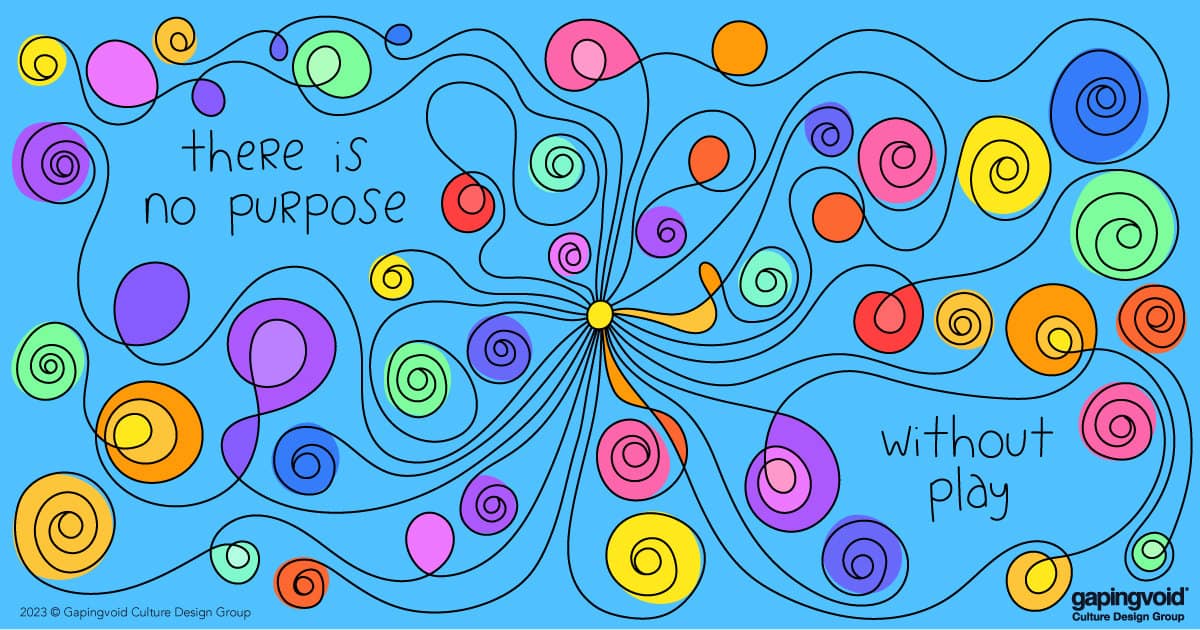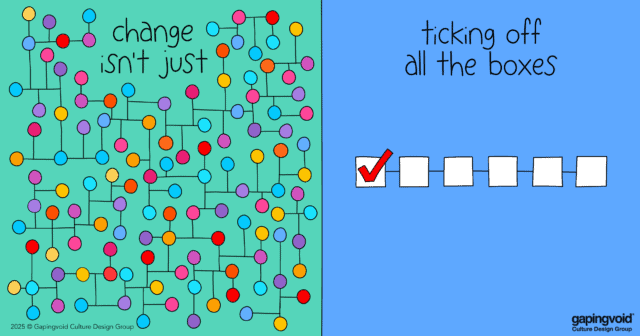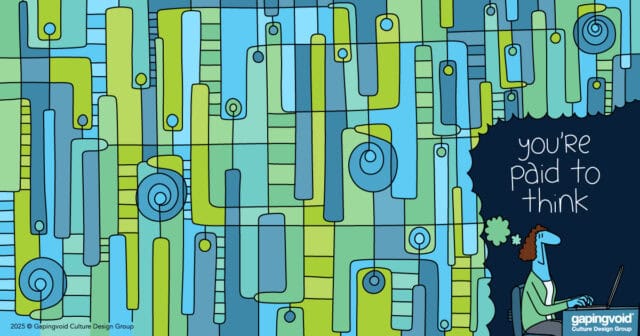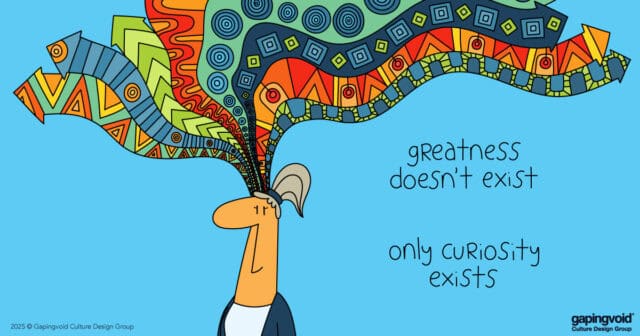
They say one does their best work when they’re actually not working, but in a state of play, or as the clever folk like to call it, “Flow.”
According to Headspace:
“Popularized by positive psychologists Mihaly Csikszentmihalyi and Jeanne Nakamura, flow state describes a feeling where, under the right conditions, you become fully immersed in whatever you are doing [..] When you’re giving your fullest attention to an activity or task that you are incredibly passionate about, singularly focused on, and totally immersed in, you may find yourself creating the conditions necessary to experience a flow state of mind.”
“You may” might be less than satisfying but the reality is you can’t force flow. What you can do is play.
As Heraclitus wrote in the 5th century, “Man is most nearly himself when he achieves the seriousness of a child at play.” For centuries, people have gamified their professions. Farmers had plowing competitions. Samurai held axe-throwing. Icelandic fishermen held “stone lifting” competitions (the heavier the stone you could lift, the heavier the haul of fish you could carry, ergo the more the boat captain would pay you). Soldiers in WWI competed in inter-platoon football, boxing, and wrestling tournaments. Today, there are Microsoft Excel E-Sports tournaments and grocery-shopping competitions; mock trials in law firms, and hackathons in tech firms. Electricians host power-line-climbing races (the Lineman’s rodeo), chefs have cook-offs, financiers have trading simulators, and healthcare workers have medical simulations.
Professions and the games built around them come in all shapes and sizes. However, if we extrapolate what every game has in common, we discover the rules of the “meta-game” that humans have been playing for centuries, the “meta-game” that fuels flow:
- There is something of value in the world.
- It is something worth working toward and sacrificing for.
- The more you work for it, the better you get at working for it.
- The better you get, the more valuable your work is for the people around you.
- The more valuable your work is, the more status you earn.
Journalist, cultural critic and lead singer of the Scottish 1980s pop band, Hue And Cry, Pat Kane, had some really interesting ideas about how to scale this purposeful playfulness at the business-culture level, which he called “The Play Ethic.” His thoughts are a fun and interesting take on it, certainly, but there are many others.
One thing we do concur with Kane is, as faddish and fashionable all this “Flowspeak” might sound, the reality is, it is neither. It is an inherently fundamental part of our evolution, our wiring, and our human nature. And we dismiss it at our peril.



